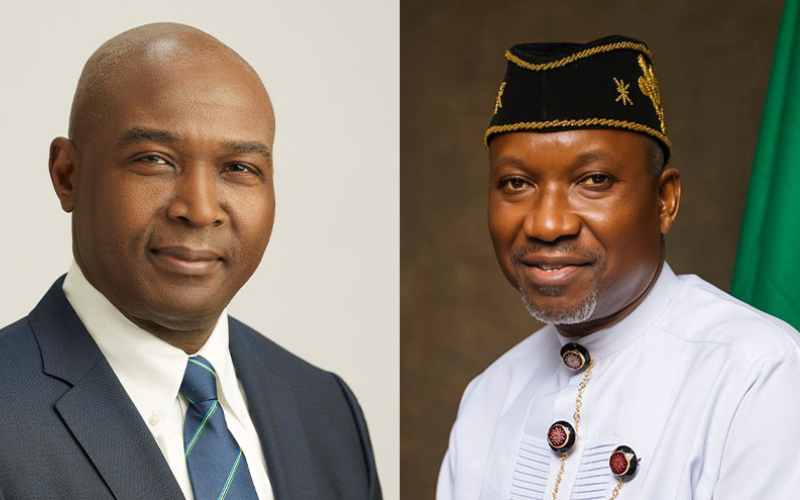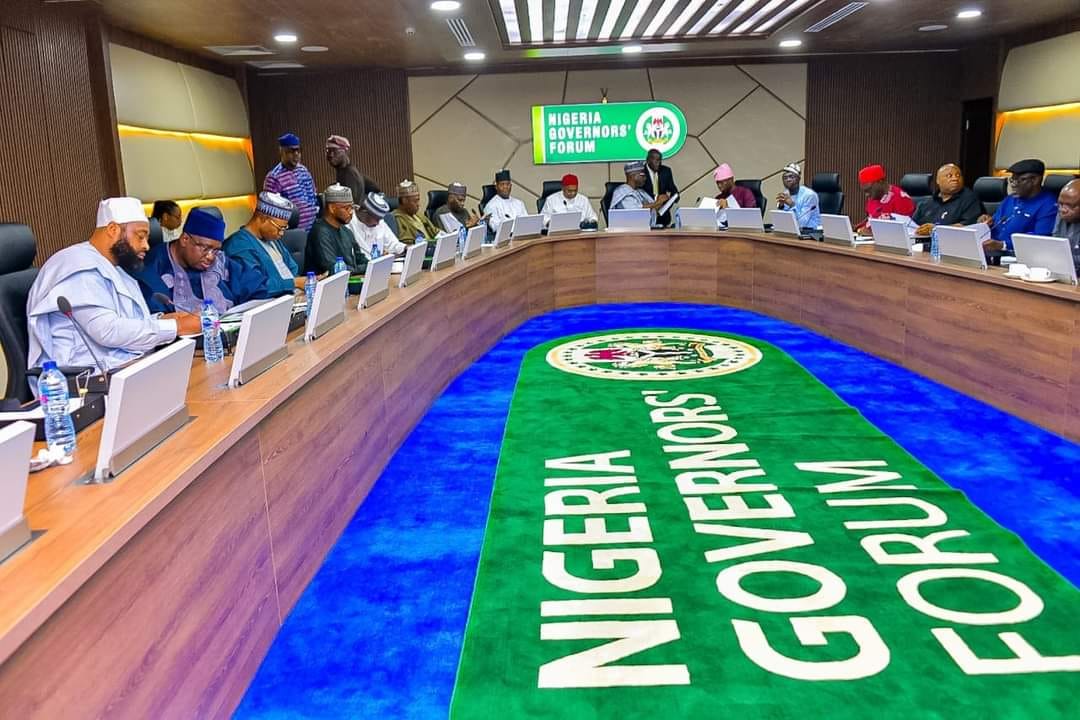As Nigeria marks her 65th independence anniversary, many citizens roll out the drums in celebration of nationhood. Yet beneath the celebrations lies a sobering truth: this country is in dire need of urgent and comprehensive reforms. From the economy to security, infrastructure, politics, education, and governance, the challenges are glaring, and the calls for transformation have never been louder.
Successive administrations, both military and civilian, have made their contributions to the Nigerian project. However, the reality is that Nigerians deserve better than what they have been offered over the decades. Today, expectations are high under President Bola Ahmed Tinubu, a man whose name is etched in the nation’s democratic struggle. As a leader hailed as a true democrat, the burden rests heavily on his shoulders to unite a country whose voices of disunity continue to echo from different regions.
Nigeria’s political system requires a total reform. The security architecture must be urgently strengthened, as kidnappings, banditry, terrorism, and armed robberies have become every day occurrences, sparing no part of the nation. The road networks, many of which are in deplorable condition, demand immediate intervention to ease movement, trade, and economic growth.
Equally critical is the power sector, which has for decades defied all solutions. Nigeria cannot industrialize or diversify her economy without stable electricity. A complete overhaul of this sector is long overdue if the nation must compete in the global economy. The education sector, though not entirely broken, still requires deliberate investment and reform to produce a generation equipped to drive Nigeria’s future.
The 1999 Constitution, often described as flawed, should be revisited and reworked by the National Assembly to accommodate the voices and aspirations of all Nigerians. The judiciary too must not be left out. The Chief Justice of Nigeria has a duty to purge the judicial system of bottlenecks and obstacles that hinder the speedy dispensation of justice, ensuring that the courts truly remain the last hope of the common man.
It is also imperative for state and local governments to actively join hands with the federal government in this reform process. Development must not be centralized in Abuja alone; governance should reflect the principles of true federalism where every tier of government delivers value to its people.
At 65, Nigeria stands at a crossroads. The challenges are daunting, but they are not insurmountable. With strong political will, sincere leadership, and collective responsibility, Nigeria can rise above her troubles and fulfill the dreams of her founding fathers. For the sake of generations to come, Nigeria must succeed.
Tochukwu Jimo Obi, jimobi83@gmail.com




